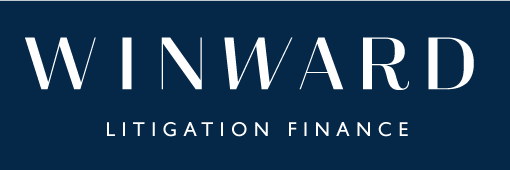Sign up with your email address to receive analysis of the recent litigation funding cases and cases that are relevant to the practice of dispute resolution finance.
Pollack v Alphabet Inc et al [2023] CAT 34
One of the more challenging aspects of competition cases is that they are expensive to litigate. From a funder’s perspective, there are particular risks when two potential cases are vying to be the sole opt-out proceeding. If you back the wrong horse, you could be looking at considerable costs that will be irrecoverable.
The AT1 bonds
Bondholders in their hundreds have been indicating their support, or authorising proceedings, in respect of the litigation concerning Credit Suisse Group’s (CSG) Additional Tier (AT) 1 capital bonds. Are these claims viable?
Commission Recovery Ltd v Marks & Clerk LLP & Anor [2023] EWHC 398
The decision in this case is illustrative of the Court’s approach in relation to innovative attempts to progress collective redress claims. In this case, the attempt was to bring a representative action by a claimant who had the benefit of various assignments of the underlying cause of action.
Sandra Bailey & Ors v Glaxosmithkline UK Ltd [2017] EWHC 3195
In very long running Consumer Protection Act proceedings concerning the anti-depressant drug Seroxat, GSK issued an application for security for costs against the claimants’ litigation funder, Managed Legal Solutions (MLS).
Merricks v Mastercard Incorporated & Ors [2017] CAT 16
Litigation funders have undeniably fuelled the rise in competition litigation. The first case to reach the certification hearing was the Merricks case which was a collective action against Mastercard. It has almost single-handedly chartered the course for claims in the Competition Appeal Tribunal.
RBS Rights Issue Litigation [2017] EWHC 463
Group actions appear to be the bread and butter of funders and the interest in collective action has only increased with time. An issue arose in the RBS rights issue litigation as to the circumstances in which the Court may require disclosure of the names of commercial funders, and the details of any ATE insurance, in advance of a threatened application for security for costs when a trial is imminent.
